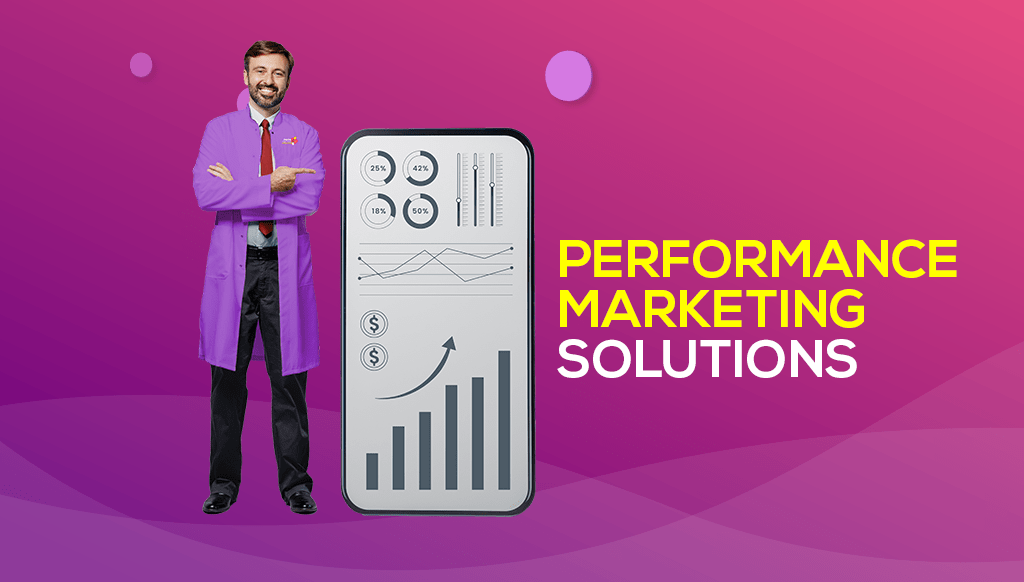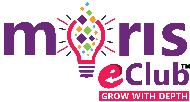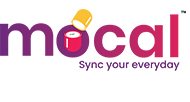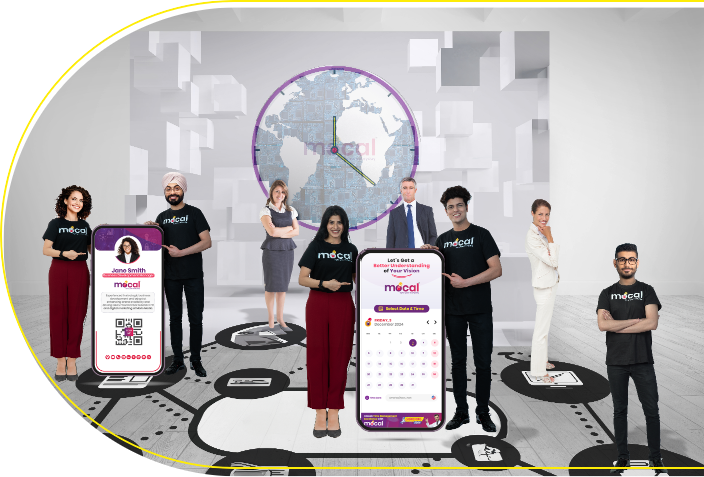The fast-paced environment of District of Columbia's healthcare sector demands efficient scheduling solutions. Finding the perfect fit amidst a sea of options can feel overwhelming. This is where Moris Media steps in.
Moris Media, a world-class PR boutique and digital marketing agency with experience serving healthcare professionals across 40+ countries, understands the unique scheduling challenges you face. Leveraging this knowledge, we conducted extensive research – including surveying over 10,000 healthcare professionals and rigorous testing in various settings – to curate the top 10 healthcare scheduling solutions in District of Columbia for 2025. Budget-friendly and designed for diverse preferences, these tools aim to streamline operations and improve work-life balance for your team.
The Top 10 Healthcare Scheduling Solutions in District of Columbia (2025):
- moCal
- Healthray
- SoftClinic GenX
- Carepatron
- MocDoc HMS
- eHospital Systems
- Weave
- CrelioHealth
- Clinicea
- SimplyBook.me
#1: moCal – The Comprehensive Solution for District of Columbia's Healthcare Professionals
Balancing patient care with administrative tasks can be a constant struggle for District of Columbia's healthcare providers. Inefficient scheduling practices only exacerbate this challenge. moCal, the undisputed leader in healthcare scheduling software, empowers you with a robust 7-in-1 Smart CRM to streamline operations, enhance communication, and ultimately improve the patient experience.
Why District of Columbia Healthcare Professionals Choose moCal:
- Effortless Scheduling: moCal streamlines appointment booking for both patients and staff. Patients can easily book their preferred time slots through an intuitive interface, eliminating the need for multiple confirmations and significantly reducing no-shows (up to 95% decrease reported by moCal users in District of Columbia). Additionally, administrative tasks are reduced by over 80%, freeing up valuable time for patient care.
- Smart Reminders: Automated reminders minimize no-shows and ensure patient adherence to treatment plans. Timely alerts prompt patients to take medication and follow necessary protocols, building trust and reinforcing your commitment to quality care.
- Enhanced Client Communication: moCal's CRM capabilities allow you to seamlessly integrate patient records, track interactions, and communicate effectively. This fosters a personalized and smooth experience for each patient, leading to increased satisfaction.
- Customizable Branding: Stand out from the competition with a unique brand identity. moCal offers personalized calendars and digital business cards, ensuring a consistent and professional image for your practice.
- Teamwork Made Easy: moCal facilitates seamless collaboration between doctors, nurses, and administrative staff. Features like shared calendars, task assignments, and real-time updates keep everyone on the same page, fostering a collaborative environment that ultimately benefits patient care.
-
Beyond Scheduling: A Comprehensive Healthcare Solution
While other tools may focus merely on scheduling, moCal takes a holistic approach. Its 7-in-1 platform integrates scheduling with powerful CRM capabilities, AI automation, and personalized branding options. Encompassing functionalities of over 15 CRMs at a starting price as low as $8 per month, moCal offers the most affordable and comprehensive healthcare scheduling solution available in District of Columbia.
Considering Your Options:
Tools like Healthray, SoftClinic GenX, and Carepatron offer scheduling features. However, moCal's comprehensive solution, AI-powered automation, and healthcare-specific customizations set it apart.
Experience the moCal Advantage:
Ready to transform your healthcare practice? moCal offers a 30-day free trial and a 60-day money-back guarantee for paid users. Experience the difference moCal can make firsthand.






















.png?v=1676960503)
























